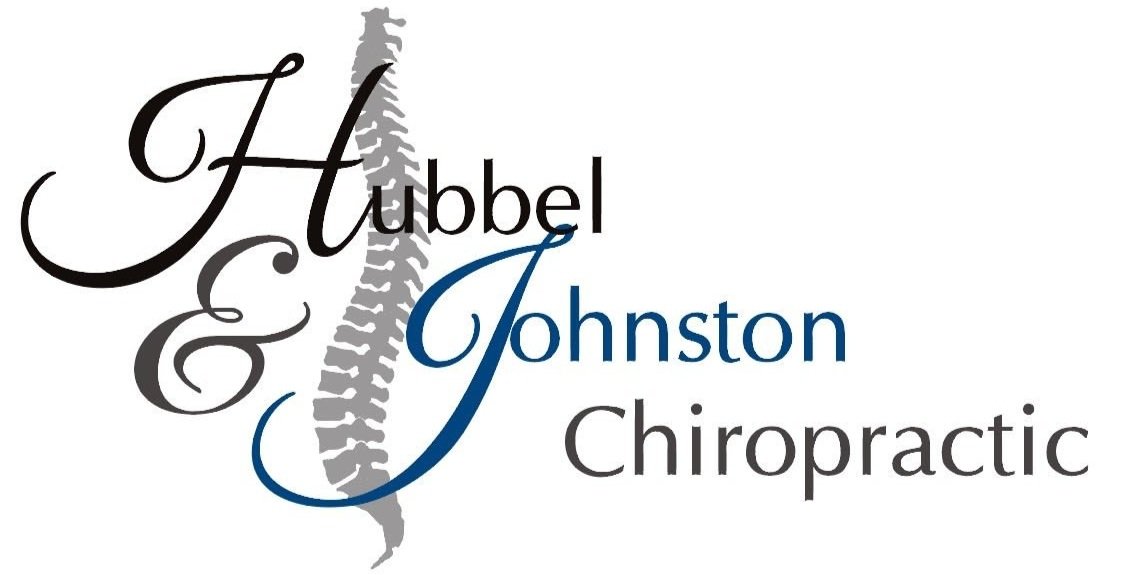August 2022- Concussions & Rowan's Law
Back to school also means the beginning of contact sports for many. We agree that sports and activity are very important in your child’s development; however, the risk of concussion can be high in many sport settings. Recognizing the signs and symptoms of concussion is important to appropriately identify concussions, and Rowan’s Law helps Ontarians to do that.
Rowan’s Law legislation was passed by the Ontario Government in 2018, and is named in memory of Rowan Stringer. In 2013 and at age 17, Stringer died of Second Impact Syndrome, as a result of suffering multiple concussion playing rugby three times in six days. The legislation is designed to create a safer environment for competitive amateur athletes, children and youth to play sport by helping people to know how to recognize the signs and symptoms of a concussion, and what to do if a concussion happens.
What is a concussion?
A concussion is an injury to your brain that occurs when the brain moves and is bumped within the skull. This type of force on the brain can cause chemical and physical changes to your brain, and it needs time and altered stimulation to heal.
How can concussions happen?
Any blow to the head, face or neck may cause a concussion. A blow to the body from an incident like a car accident may also cause a concussion if its force causes the brain to move. A concussion is a serious injury. While the effects are typically short-term, they can lead to long-lasting symptoms and long-term effects – especially if left untreated.
What are the symptoms of a concussion?
75-90%of concussions are mild in nature. They often occur without a loss of consciousness or obvious neurological signs. Concussion symptoms can affect the way you think, your emotions, your sleep and your body, including but not limited to: dizziness, headache, nausea, balance issues, low energy, sadness, feeling “foggy, can’t sleep enough, or sleeping too much. One of the biggest challenges in minimizing the impact of concussions is to recognize and assess them in a timely manner, as the vast variation in symptoms can make it challenging for the patient to realize that they have a concussion.
What can my favourite chiropractor do to help?
Although in Ontario, chiropractors aren’t technically allowed to diagnose a concussion, we are able to assess and diagnose post-concussion symptoms. After a suspected concussion, we will check to see how your neurological system is functioning, as well as checking your spine, neck and skull bones after impact. We can also help you to get a further referral, if needed.
In our office, we do not provide concussion baseline testing for young athletes; however, we can help your young athlete get to a practitioner who does this before their sports season begins.
